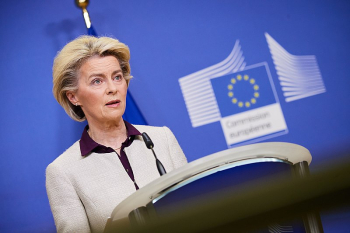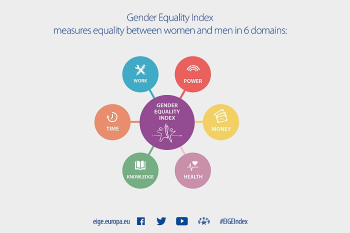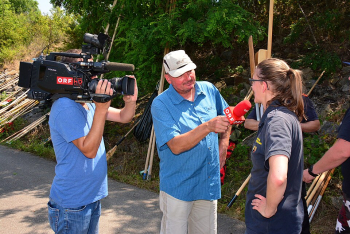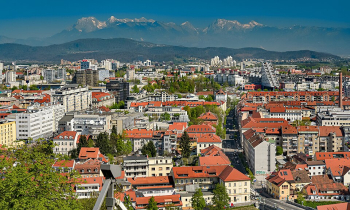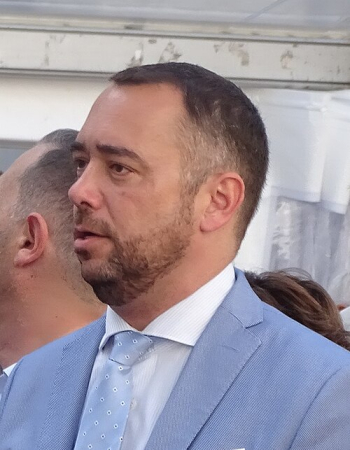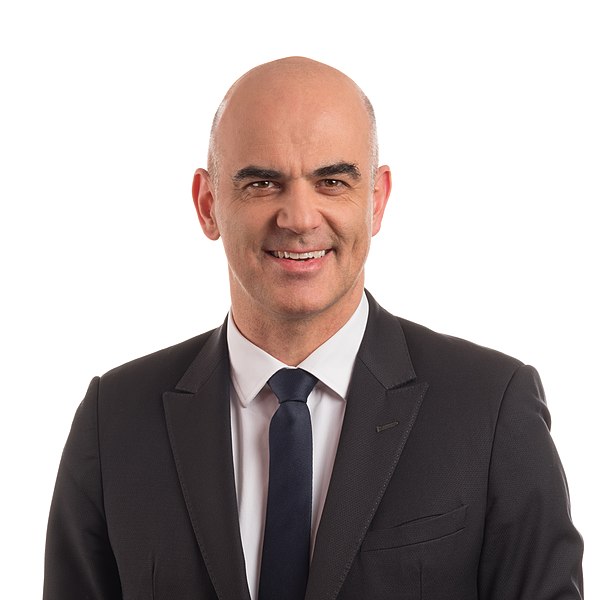
Democracy is facing significant challenges in various nations and must be reinforced, according to Alain Berset, the former Swiss government minister and current Secretary
General of the Council of Europe, a position he has held since September.
Democracy under threat
The Council of Europe, established in 1949 and joined by Switzerland in 1963, is committed to promoting democracy, human rights, and the rule of law. However, Berset warns that democracy is increasingly under strain.
"Democracy is regressing in several countries, though not always to the same extent or from identical starting or end points," Berset stated in an interview with Le Matin Dimanche on Sunday. "The trend is not moving in the right direction. Political polarization, hate speech, threats, and other forms of intimidation in public discourse are exacerbating the problem."
To address these challenges, Berset has proposed an action plan aimed at reevaluating and reinforcing democratic principles. “I have proposed the launch of an action plan to rethink democracy. The idea is not to give lessons but to look at different contexts, always with respect, and to strengthen the conditions that allow democracy to function everywhere”, he statet
Challenges to stability
Berset highlighted a series of crises that have destabilized democratic systems over the past 15 years. These include the 2008 financial crisis, the rise of populism, the influence of social media, advancements in artificial intelligence, and the COVID-19 pandemic. Compounding these issues are Russia’s aggressive actions against Ukraine since 2014, escalating into a full-scale war in 2022.
“For about 15 years, sometimes divergent forces have been at work challenging democracy. Never directly, but through manipulation, attack or intimidation, for example of journalists”, he said.
Broader implications, including Switzerland
Reflecting on his new role, Berset expressed surprise at the rapid pace and breadth of issues affecting the European continent. “From a distance it may all seem very theoretical. But in the morning you can find on your desk a report on the situation in Georgia after the elections. Another day it’s the turn of Ukraine, with the recognition of war damage and the issue of reparations”, he explained.
Though Switzerland may seem distant from these issues, the implications are far-reaching. For instance, the European Court of Human Rights' April ruling on Switzerland’s climate policy, which drew global attention, highlights the interconnectedness of the country with broader European dynamics.
Switzerland’s unique position
Berset acknowledged Switzerland’s distinctive role in Europe. “It is not part of the European Union, but it is at the centre of Europe. We have four languages, which everyone thinks we master. Our tradition of direct democracy impresses people. They say, ‘It’s great where you come from, but it wouldn’t necessarily work elsewhere.’ The reception I’ve received has been excellent. And I benefit from the experience of the Swiss Federal Council, the consensus, the collegiality, the consultations, and the time one has to accept to find stable solutions,” he said.
In conclusion, Berset’s tenure at the Council of Europe underscores the urgent need to safeguard and adapt democratic institutions amid an evolving landscape of challenges. His call for collaboration and reflection highlights the vital role international bodies play in supporting democracy during turbulent times. Photo by Chancellerie fédérale suisse / STEMUTZ, Wikimedia comomns.


